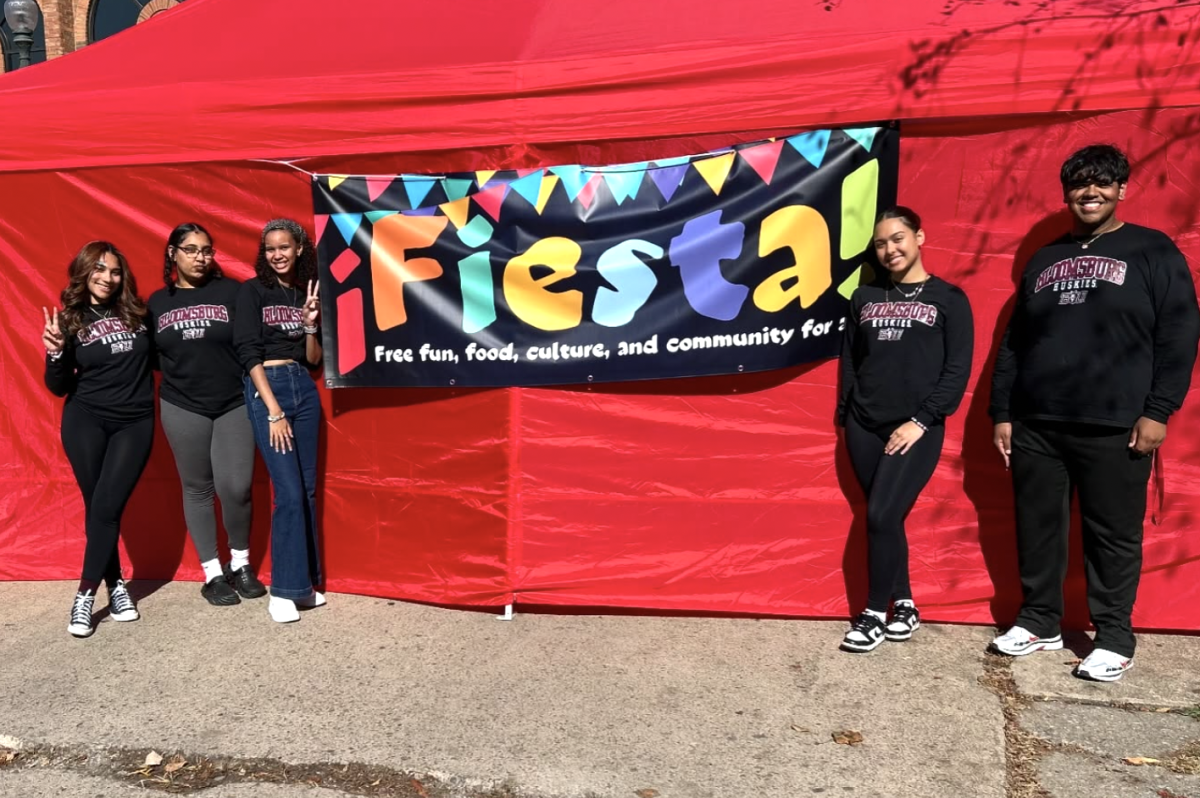Have you ever told your friend a story about that one crazy night at Capitol, only to have them retell it to their friends and get it all wrong? They weren’t there, how would they know? Or have you ever seen a messy breakup on the quad, and go to tell your friends without really knowing the situation? Surprise (or not), that’s also a theme in anthropology that’s super important.
In case you haven’t caught on by now, anthropologists can relate everything back to our discipline. People watching on the quad and joining in on a game of ultimate? That’s participant observation. Shaking hands with a Japanese CEO when they also expect you to bow in respect? That’s a little ethnocentric, and can be a part of business anthropology.
Anyway, today’s column is going to tell you about the etic and emic perspectives. Yes, it’ll be used in reference to anthropology, but that doesn’t mean it can’t be applied elsewhere.
The etic perspective is basically the outsider’s view; your friend that’s retelling your experiences at Capitol. The emic perspective is the insider’s view; you retelling your night at Capitol because you were there and it was your experience.
These views are majorly important in anthropology because when we’re sharing the customs and cultures of these indigenous, diverse groups of people, we want it to feel like it’s coming straight from them rather than some guy in khakis with a notebook.
We want it to have the insider’s perspective, without any kinds of input or influence from us. Does that mean the etic perspective is nonexistent in anthropology? No, but we do our best to avoid it.
The truth of it, unfortunately, is that because we’re retelling these experiences and customs, we will always hold an outsider’s perspective. We aren’t actually members of the Yanomamo, so there’s no way we could fully grasp the emotional and spiritual significance of consuming bone marrow soup.
Sure, we know it’s important, and we can express that without being ethnocentric. But anthropologists are outsiders until we build relationships with these cultures, so it makes sense.
Now, if someone from the Yanomamo were to write about bone marrow soup, it would absolutely be an emic perspective. They have a full understanding of the significance behind their rituals and can express that. In ethnographies, it’s why we use long sections of quotes from our informants: We’re putting these experiences out into the world, and we want to make sure it’s done right.
This also ties into the buzzword for all these articles: ethnocentrism. Being an outsider to the thousands of cultures on this planet isn’t unheard of, but you don’t need to disrespect it because it isn’t yours.
Sharing these separate experiences with the world require the words “this is significant and important to them, we must respect that” and not “this is significant and important to them, but we don’t do it so it’s a little weird.” Not only are you retaining your etic perspective, you’re also being ethnocentric.
It’s also worth noting that you can compare cultures to your own without being ethnocentric. Saying, “Our culture prefers monogamy while the Igbo of Africa practices polygyny” is fine! You’re stating a fact, and there’s nothing wrong with that.
Now, saying polygyny is a sin and morally wrong while you’re trying to gain the trust of these cultures? Yeah, that’s a little ethnocentric (and kind of an asshole move).
Perspectives in anthropology are just as important in describing other cultures as they are when we talk about our own lives. You wouldn’t want someone else telling your story without the important parts that made it significant to you, and neither do these cultures. If they trust anthropologists enough to let us share their experiences, the least we can do is tell them properly.
Rachel is a Junior Anthropology major. She is a member of Phi Sigma Pi and the president of the Bloomsburg Anthropolgy Club. She is a contributing writer for The Voice.





















